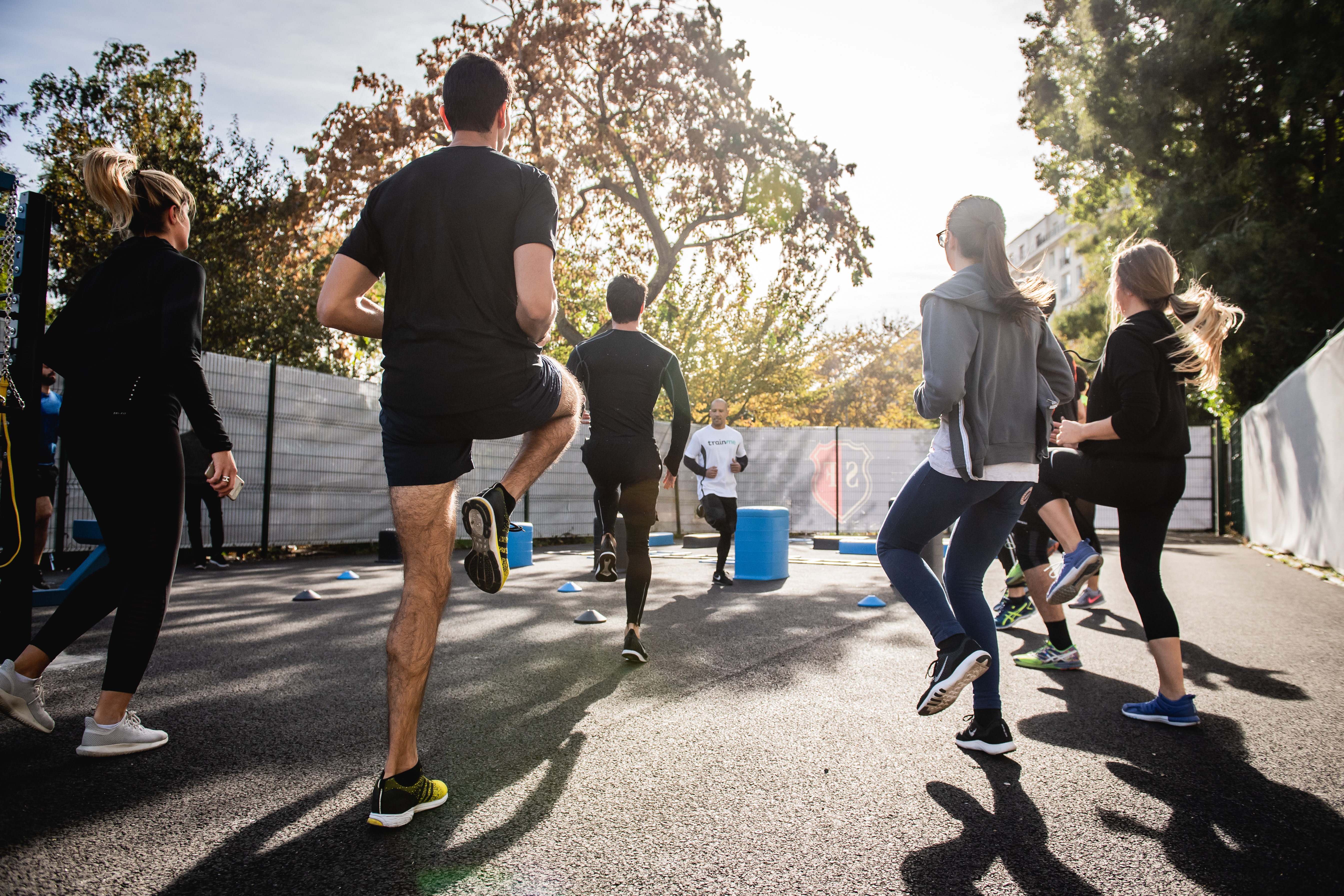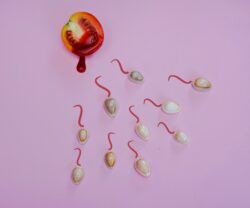WHAT TO EAT FOR EGG FREEZING
These days, more women between the ages of 25-35 delay having children due to focusing on their career, finding the right partner or just not being ready. What’s the rush right?
But in order to take advantage of these optimal fertility years, egg freezing has become increasingly popular. It is important to know that although it is considered ‘optimal’ fertility years, that does not always mean the eggs are in tip top shape for fertilization and conception. It would be a shame to invest in low quality eggs. That is where we come in. It is critical to start to work on your lifestyle well before the egg freezing process begins.
EGG QUALITY IS THE FOUNDATION OF A SUCCESSFUL PREGNANCY, THIS IS SO IMPORTANT’
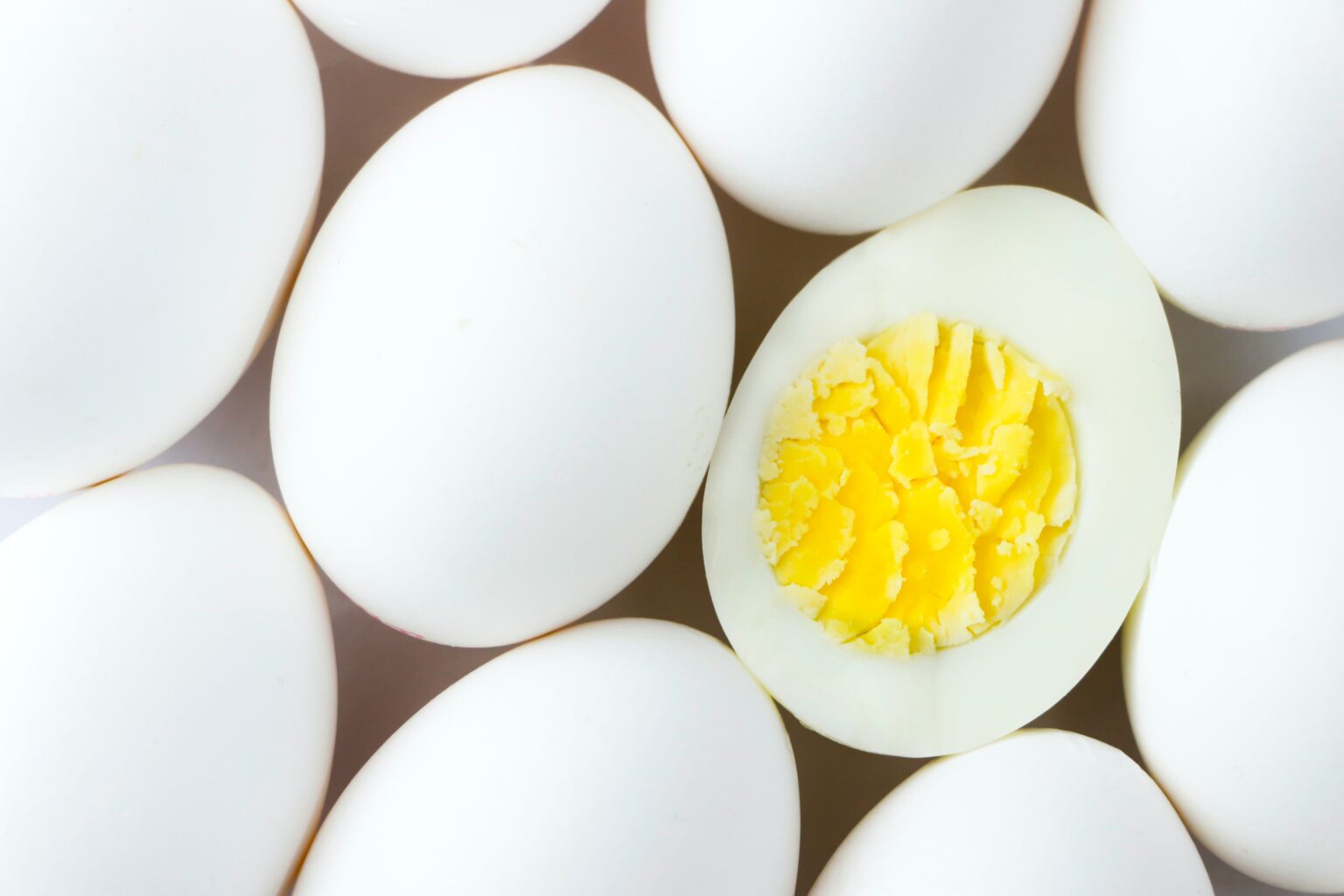
Women start off life with over a million eggs, by the time puberty hits the number of eggs is already reduced by a significant amount. Over time, egg reserves decline with age. An average women is at her most fertile years in her twenties. After the age of 35 a women’s egg count is normally on a more rapid decline (not to scare anyone!).
It is important to realize that although we have a ‘biological clock’, it is the quality of these eggs (or follicles) that can be a game changer when it comes to fertility and egg freezing. Imagine having a significant amount of eggs but not enough healthy eggs? This would significantly impact the ability of an egg to be fertilized or conception to occur. The point is, we cannot increase the quantity of our eggs but we CAN increase the quality of our eggs. Luckily the quality of eggs can be improved through diet, nutrition and lifestyle factors. Here is how…
1. COQ10
Coenzyme Q10 (CoQ10) also known as ubiquinone is a fat soluble substance. The body produces Coq10 naturally, but as we age, production decreases. Coq10 has many functions including energy production and antioxidant activity (helps fight free radicals in the body). It is known that free radicals in the body can impact egg quality.
Studies show that increasing CoQ10 during egg freezing, enhances the eggs response to stimulation and increases the number of high quality eggs as well as increases fertilization rate (Xu et al. 2018).
Sources of CoQ10:
- Cauliflower
- Beef
- Oranges
- Chicken
- Soybeans
- Oily Fish
- Spinach
- Legumes
- Nuts & Seeds
- Avocado
Many women who are going through the process of egg freezing will supplement with CoQ10, however it is possible to obtain this enzyme from food. If you are recommended to take CoQ10, dosage is individualized. Make sure to speak with your Radically Rooted fertility dietitian before taking CoQ10 supplements. There are certain situations where Coq10 is not appropriate or recommended.
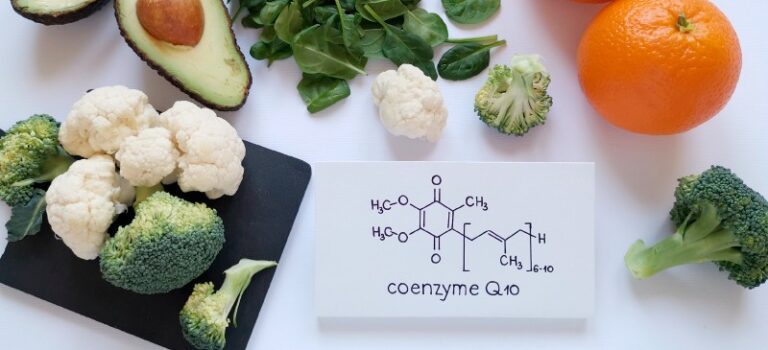
2. OMEGA-3
Omega-3 fatty acids are proven to to play a role in improving egg quality for egg freezing. In this study, by Nehra et al. (2012), they provide evidence that dietary omega-3 fatty acids not only prolong the reproductive lifespan but also result in remarkable improvement in egg quality in female rats. Based on this, there is evidence that mice on an omega-3 rich diet are able to successfully reproduce well beyond the normal expected reproductive lifespan for these animals. These results even imply potential success at advanced maternal age both naturally and through assisted reproduction like egg freezing.
Food Sources of Omega-3:
- Oily fish such as salmon, trout, sardines and mackerel
- Chia seeds
- Flaxseeds
- Walnuts
Plant sources are poorly absorbed compared to animal sources. If you are allergic or dislike most seafood, speak with a Radically Rooted Dietitian to determine the most appropriate Omega-3 supplement for your egg freezing success.
3. ZINC
We are used to hearing about zinc for its immune boosting benefits but zinc has substantial benefits when it comes to improving egg quality for egg freezing. Zinc is a critical component in many processes that regulate egg growth, fertility and pregnancy. In a study by Garner TB (2021), scientist discovered through mice that oocytes need a significant amount of zinc to reach full maturity. The evidence collected highlights the necessity of zinc for normal fertility and healthy pregnancy outcomes by specifically helping with the final stages of cell division.
Food Sources of Zinc:
- Oysters
- Legumes
- Nuts
- Fish
- Chicken
- Legumes
- Beans
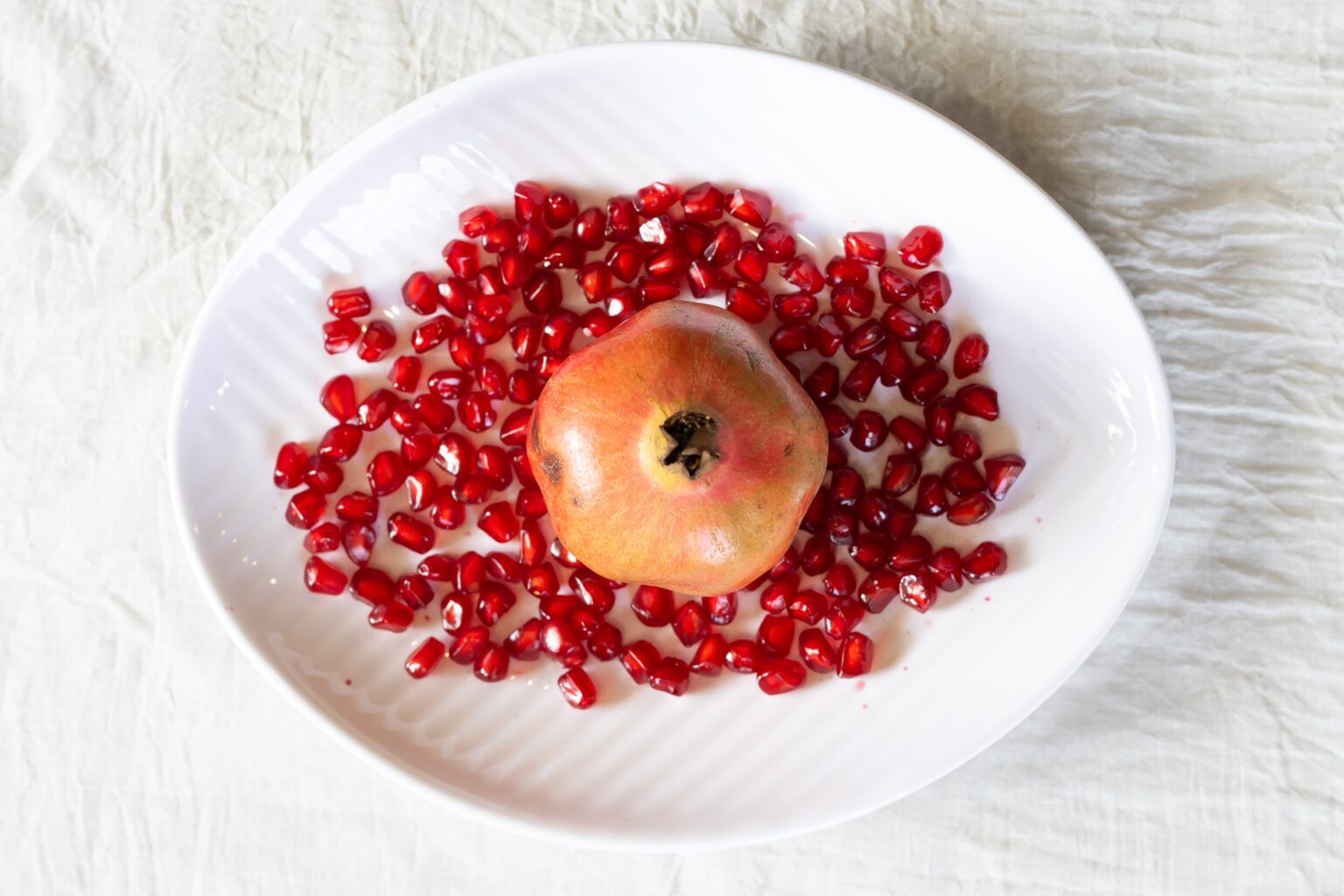
4. ANTIOXIDANTS
Aside from CoQ10 there are many other forms of antioxidants that can contribute to egg quality. A major cause of low egg quality is due to oxidative stress (cell damage from free radicals). The role of antioxidants is to protect cells from free radicals by engulfing them and weakening their strength. This causes the free radicals to cause no harm. Eggs, sperm and all of our reproductive organs are made of cells that are prone to oxidative stress. Antioxidants are essential to make sure these free radicals do not cause harm to our precious eggs and organs.
Sources of Antioxidants:
- Various Fruits
- Various Vegetables
- Lean meats
- Nuts
- Seeds
5. VITAMIN D
Vitamin D deficiency is a global trend seen in all age groups. What we do know about Vitamin D’s importance to fertility includes its impact on AMH – Vitamin D stimulates anti-Müllerian hormone (AMH) production, which is a measure of ovarian reserve. Vitamin D deficiency is associated with lower ovarian reserve (Dabrowski FA, 2015).
Best Source of Vitamin D:
- Sunlight
Food Sources of Vitamin D:
- Salmon
- Egg yolk
- Dairy
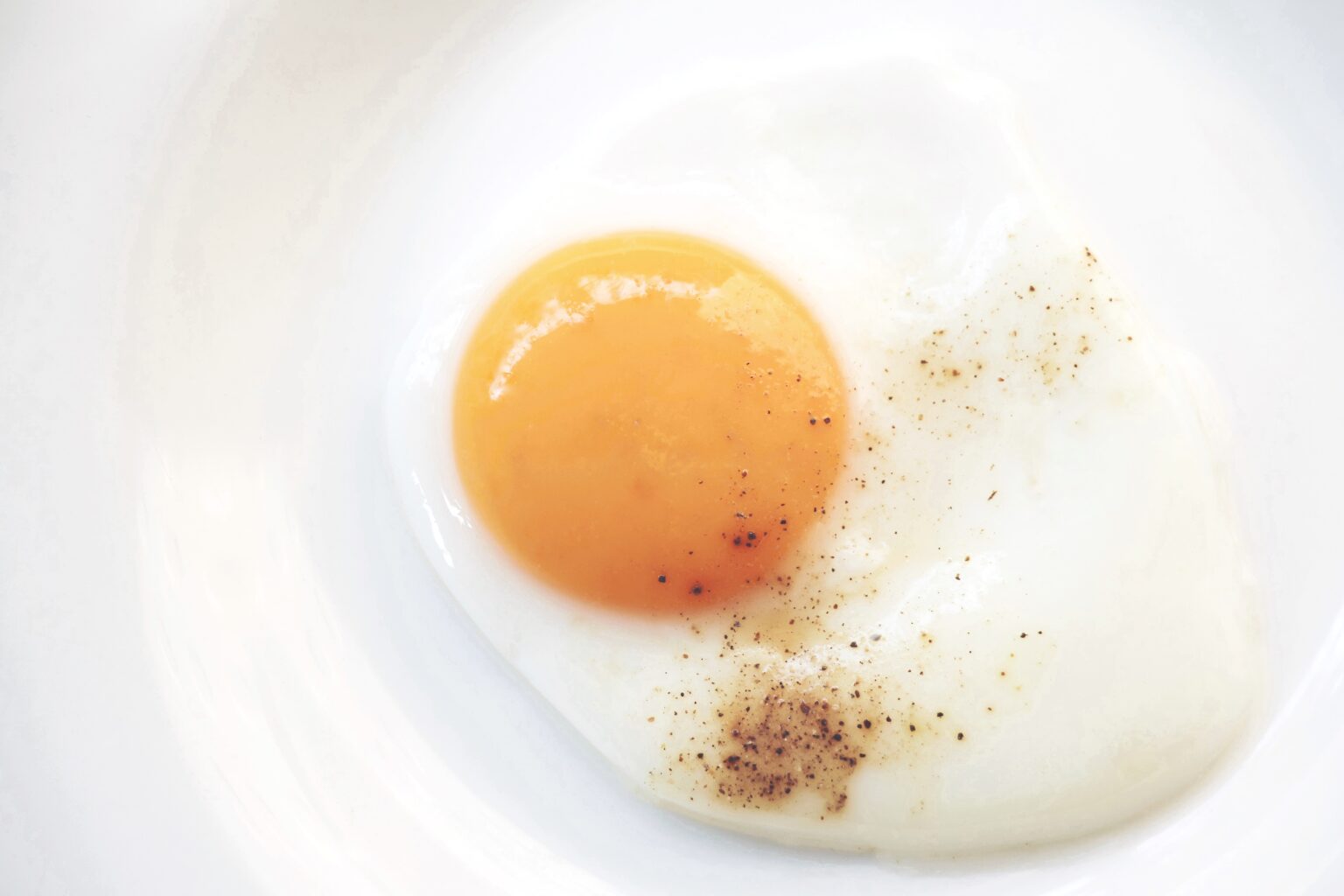
7. EATING BEHAVIORS
During the months leading up to the egg freezing process it is important to think about your eating habits and past relationship with dieting and food. It is important to note that unhealthy relationships with food such as binge eating has a huge impact on hormone production that reduces egg quality. If you are currently healing from an unhealthy relationship with food, our dietitians are here to support you.
When should I start my egg freezing diet?
While we should be consuming these important nutrients all the time, research has shown that it takes roughly 3 months for egg quality to improve with changes in diet.
If you are contemplating freezing your eggs for the future, it is important to book in with a fertility dietitian sooner rather than later to get your eggs into tip-top shape before your procedure!

If you’ve thinking about freezing your eggs for the future and don’t know where to start in your egg freezing diet, Request a 15 min discover call with me today and let’s develop a tailored plan to optimize your egg quality!
